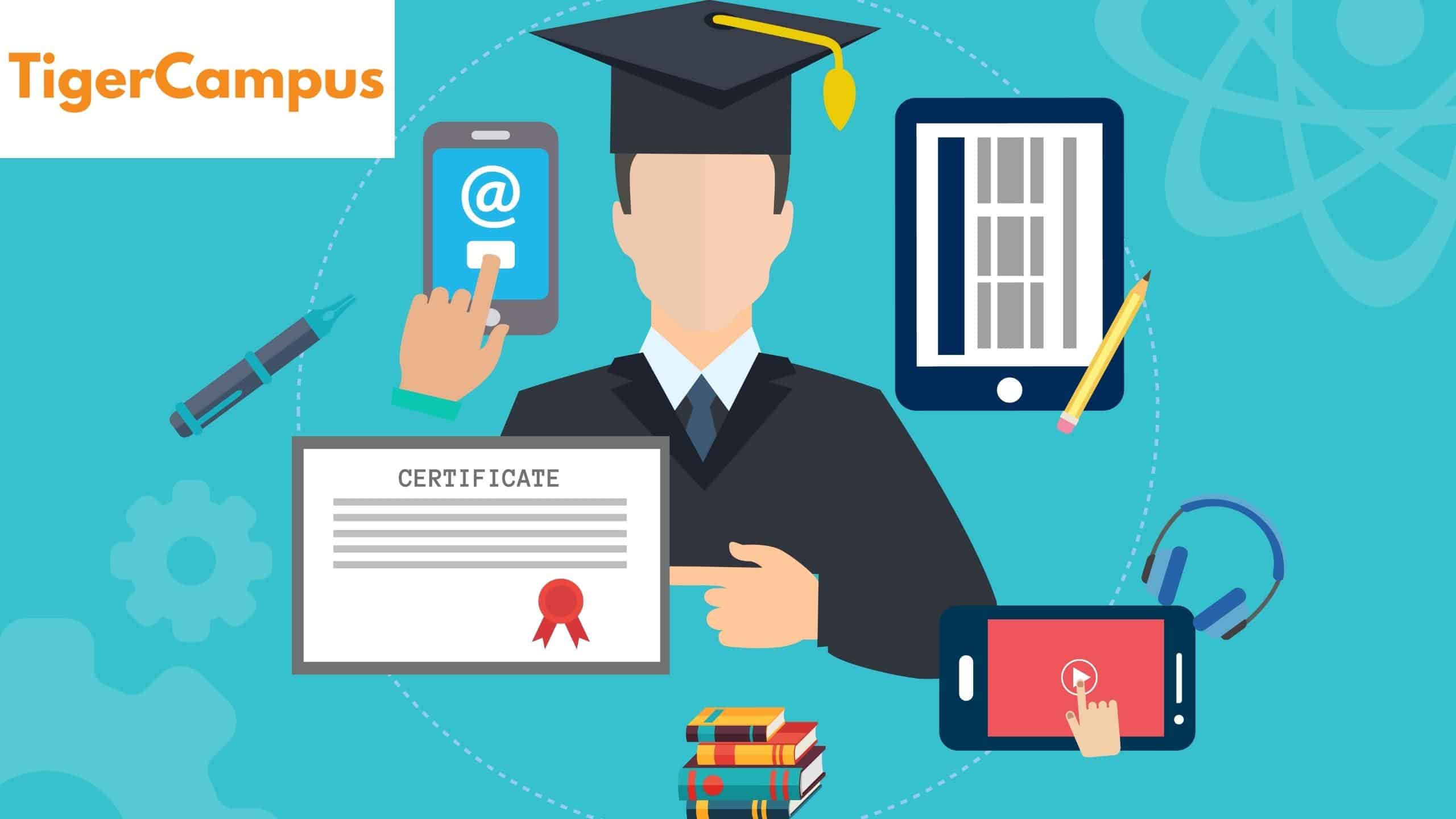홍콩에서는 전통적인 교실 수업이 여전히 초등학교 교육에서 지배적입니다. Flipped Classroom 방식은 많은 학교에서 학생과 교사의 학습 경험을 향상시키고 교사의 효과성을 개선하기 위해 권장되고 채택되었습니다. Blended Learning은 2009년부터 초등학교에서 시행되었으며 비디오, 게임, 시뮬레이션과 같은 온라인 리소스를 통해 수업에서 상호 작용을 높이고자 하는 교사들에게 인기를 얻었습니다.
오늘의 블로그에서는 홍콩 교육 시스템과 그 장점과 단점에 관해 이야기해보겠습니다.
홍콩 교육 시스템의 장점
홍콩 교육 시스템은 다음과 같은 여러 가지 장점을 가지고 있습니다.
강력한 3차 교육 시스템.
홍콩의 대학, 홍콩 중국 대학, and 홍콩 폴리 테크닉 대학교 중국 최고의 대학 중 하나입니다. 이 지역에는 또한 다른 많은 높은 평가를 받는 고등 교육 기관이 있습니다.
교육 과정에 대한 높은 수준의 품질 관리
여기에는 교사 자격 기준과 학생 입학 기준이 포함됩니다.These standards help ensure that students receive a high-quality education from teachers who have been well trained in their fields and are knowledgeable about their subject matter.
교육 시스템
홍콩에서는 전통적인 교실 수업이 여전히 초등학교 교육에서 지배적입니다. Flipped Classroom 방식은 많은 학교에서 학생과 교사의 학습 경험을 향상시키고 교사의 효과성을 개선하기 위해 권장되고 채택되었습니다. Blended Learning은 2009년부터 초등학교에서 시행되었으며 비디오, 게임, 시뮬레이션과 같은 온라인 리소스를 통해 수업에서 상호 작용을 높이고자 하는 교사들에게 인기를 얻었습니다.
Test and Examination Results
홍콩 교육 시스템은 엄격한 시험으로 유명합니다. 홍콩 학생들은 시험 점수에 초점을 맞춘 학생들을 제외하고 국제 교육 순위에서 항상 상위를 차지했습니다.
하지만 다른 나라에 비하면 홍콩 학생들은 좋은 성적을 거두고 있습니다. 그들은 전 세계 수학과 과학 시험에서 상위 5위 안에 들었고, 독서에서도 상위 5위 안에 들었습니다.
교사의 전문적 대화와 역량
Teachers in Hong Kong are well qualified and highly trained. They have to complete a Bachelor’s degree and at least one additional qualification before working as a teacher, which means that most of them have at least a Master’s degree. Teachers are respected in the society, as they can earn high salaries, which is why many people want to become teachers.
교사는 자격을 갖추고 고도로 훈련된 것 외에도 학생들에게 새로운 것을 가르칠 때 예의 바르기를 기대합니다. 이러한 기대는 스스로에 대한 존중으로 이어집니다. 다른 사람의 존중을 원한다면 스스로 적절한 방식으로 행동해야 합니다(즉, 올바르게 행동함으로써).
홍콩 교육 시스템의 약점
첫 번째 약점은 학생들이 점점 더 세계화되는 세상에 대비하도록 훈련시키지 않는다는 것입니다. 학생들은 매우 협소한 방식으로 교육을 받고 있으며, 기본 정보에 초점을 맞추고 시험에 통과하는 방법을 알고 있는지 확인하는데, 이는 학교를 졸업하고 어떤 종류의 직업에 들어가기 위해 실제로 잘 준비되지 않습니다. 목표는 좋은 성적을 받거나 좋은 직업을 갖는 것뿐만 아니라 자신의 분야에서 리더가 되고 다른 사람들이 고등학교나 대학을 졸업한 후 어떤 분야에 들어가기로 선택하든 더 많이 배우도록 돕는 것입니다."
지식 경제를 위한 학생 교육
홍콩의 교육 시스템은 여전히 시험 중심입니다. 학생들은 스스로 생각하는 것이 아니라 시험에 합격하도록 배웁니다. 학생들은 틀에 얽매이지 않고 새로운 것을 시도함으로써 실수를 하고 낮은 점수를 받는 위험을 감수하고 싶어하지 않습니다.
암기 학습에 대한 강조는 교사들이 학생들에게 창의성과 혁신과 같은 21세기 기술을 제공하는 데 어려움을 겪는다는 것을 의미합니다.
학교 자원이 불균형하다
홍콩의 교육 시스템은 여러 문제에 직면해 있지만, 두드러지는 문제 중 하나는 학교 자원의 불균형한 배분입니다. OECD 연구에 따르면 모든 공적 자금의 거의 절반이 교사 급여와 복리후생에 사용되는 반면, 인프라 개발에는 7%만이 사용됩니다.
학생 수가 많은 학교는 학생 수가 적은 학교보다 돈이 더 많은데, 교실 직원을 고용하거나 컴퓨터와 같은 장비를 구매하는 측면에서 더 효율적일 수 있기 때문입니다. 따라서 가난한 동네에 있는 학교는 정부 자금이 부족하여 학생들에게 적절한 시설을 제공할 수 없는 경우가 많습니다. 이러한 불균형은 또한 이러한 학교가 부유한 지역의 다른 학교와 비교했을 때 경쟁력 있는 급여를 지불하지 않는 경향이 있기 때문에 양질의 교사를 고용하는 능력에도 영향을 미칩니다.
이 문제를 해결하려면 우선 자원이 부유한 가정이든 가난한 가정이든 모든 학생들에게 공평하게 분배되어야 한다는 것을 인식해야 합니다(즉, 어떤 아이도 뒤처져서는 안 됩니다). 그러나 학교 시스템을 개선할 수 있는 방법은 여러 가지가 있습니다. 첫째, 모든 어린이가 거주지에 관계없이 양질의 교육을 받을 수 있도록 자금을 늘리는 것입니다. 둘째, 인종/민족 배경, 사회경제적 지위, 성별, 종교적 신념, 성적 지향, 인종에 관계없이 모든 사람에게 교육이 얼마나 중요한지에 대한 인식을 높이는 것입니다.
학생들에게 가해지는 학업적 압박의 증가
학생들에게 가해지는 학업적 압박의 증가는 다음과 같은 부작용입니다. 홍콩 교육 시스템. It’s not just the expectations that parents, teachers and society place on students; it’s also the high workloads that students have to juggle in their daily lives.
스트레스나 불안이 있는 모든 상황을 다루는 첫 번째 단계는 그것을 식별하는 것입니다. 따라서 상황이 너무 심해지는 것 같다면, 이것을 삶의 균형을 찾는 신호로 받아들이세요! 스스로 할 수 없다면 이런 종류의 일을 가장 잘 처리하는 방법을 아는 전문가의 도움이 필요할 수도 있습니다.
There are lots of ways that people deal with stress: some find comfort in exercise while others enjoy spending time with friends or family members; some people get creative (such as writing) while others prefer listening to music; some people try new foods while others prefer watching TV shows they’ve seen before… The thing is there isn’t just one way that works perfectly for everyone so take some time out today and think about what works best for YOU 🙂
미래를 준비할 수 있는 더 나은 교육 시스템을 찾고 있는 학생이나 학부모라면 다음을 확인하세요. 타이거캠퍼스! 당사의 혁신적인 교육 시스템은 비판적 사고 능력, 창의성, 세계적 인식을 개발하는 데 중점을 두고 학습에 대한 전체적인 접근 방식을 제공합니다. 당사 웹사이트를 방문하여 자세히 알아보고 캠퍼스 투어 일정을 잡으세요.
또한, 여러분의 의견을 듣고 싶습니다! 아래에 댓글을 남겨 홍콩 교육 시스템이나 교육에 대한 여러분의 생각과 경험을 공유하세요. 대화를 계속하고 모든 사람을 위한 교육을 개선하기 위해 노력합시다.









